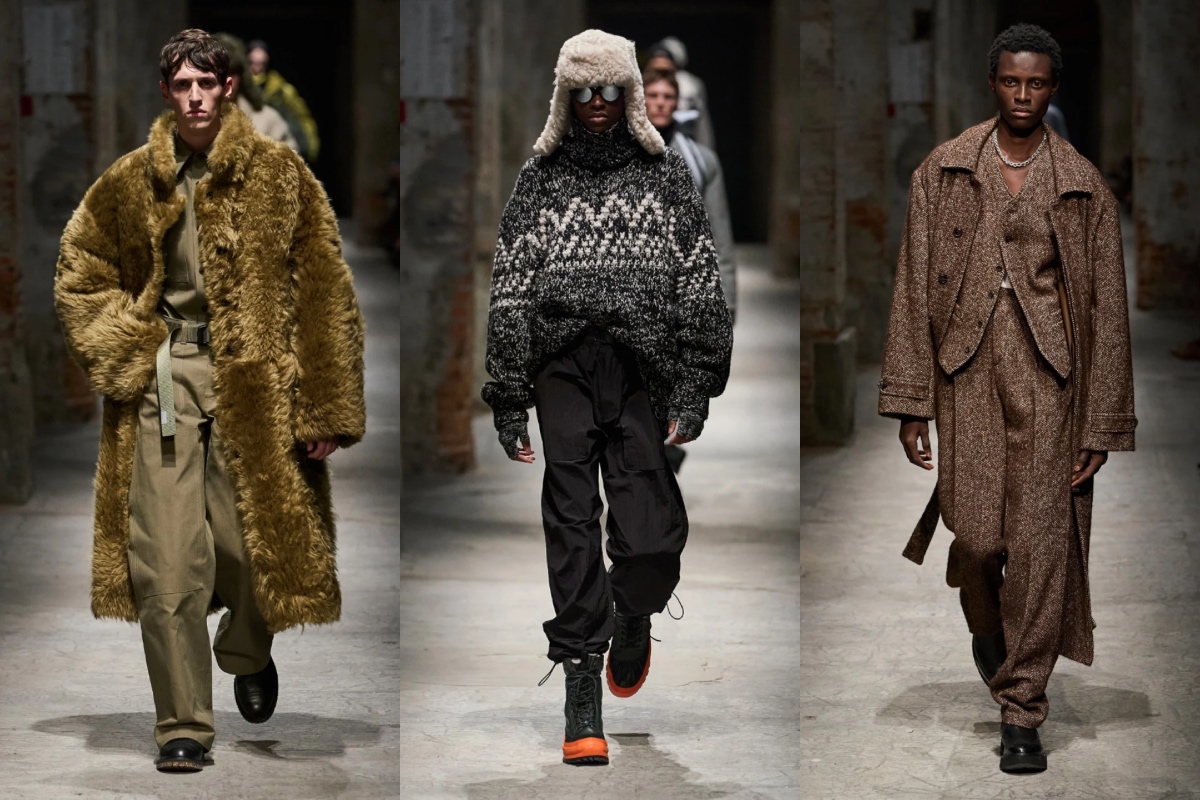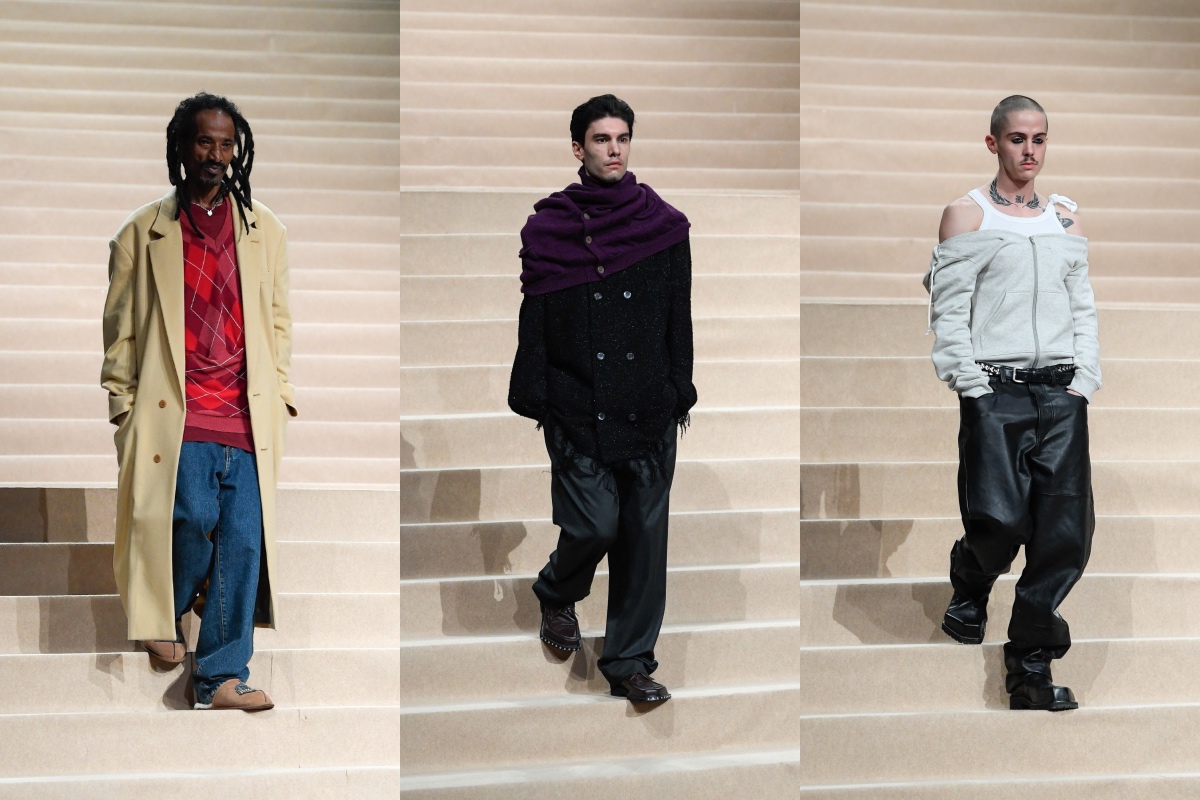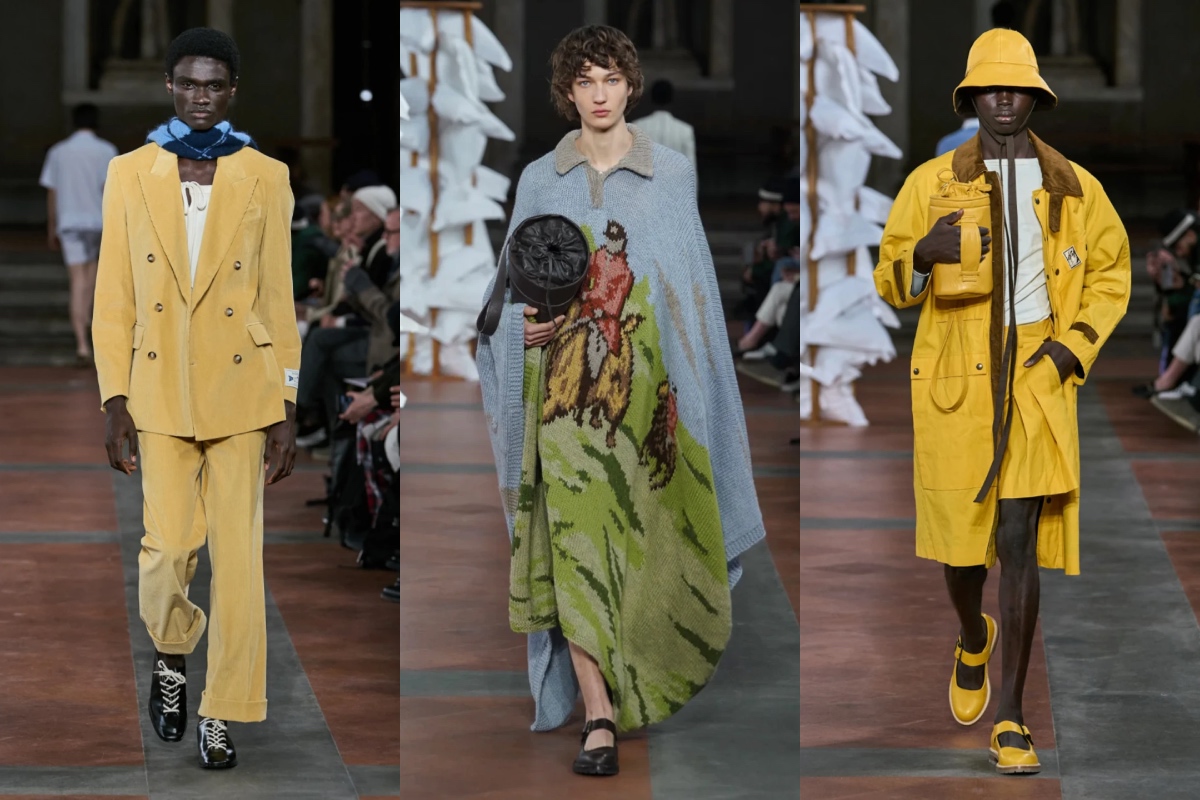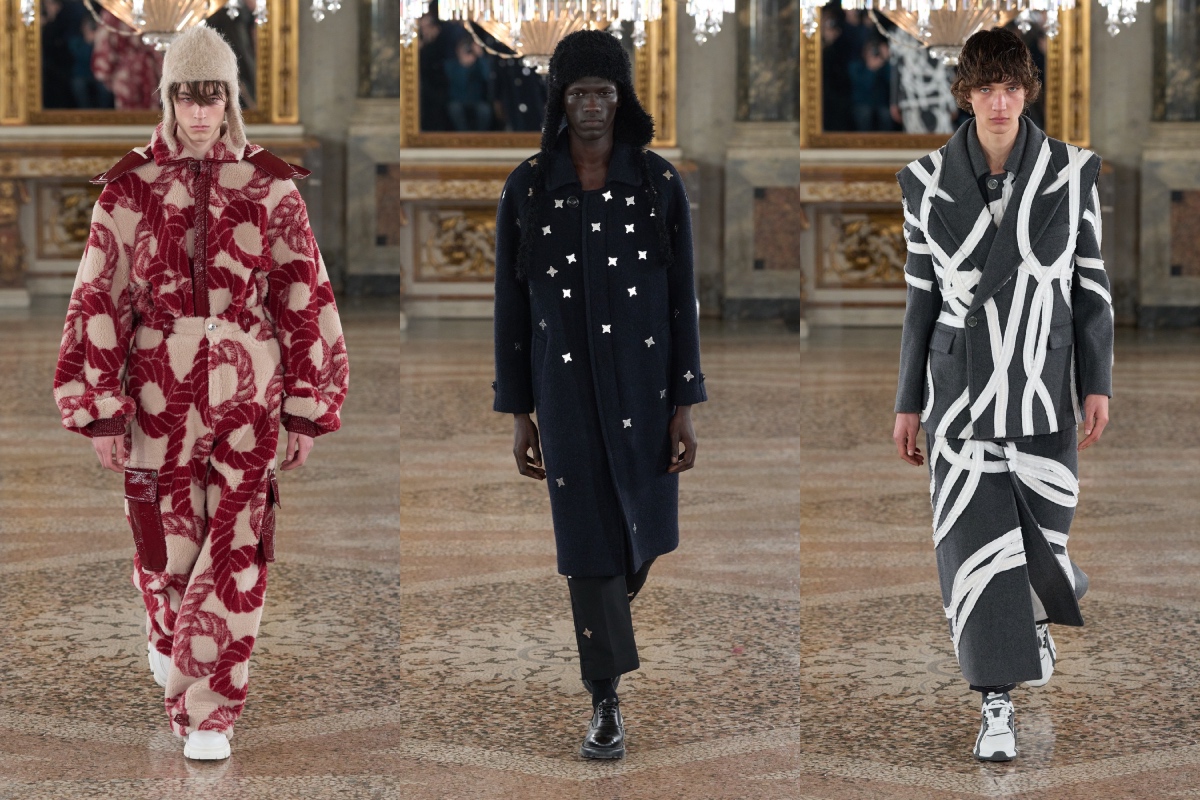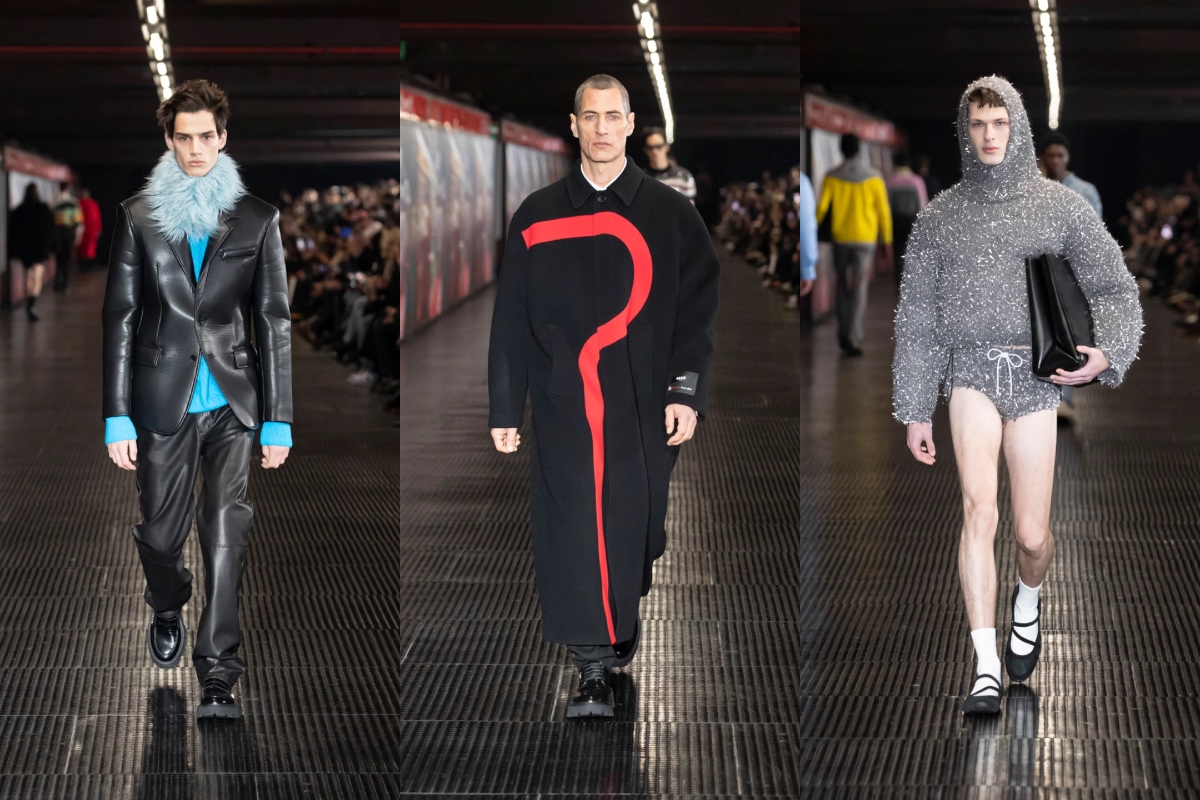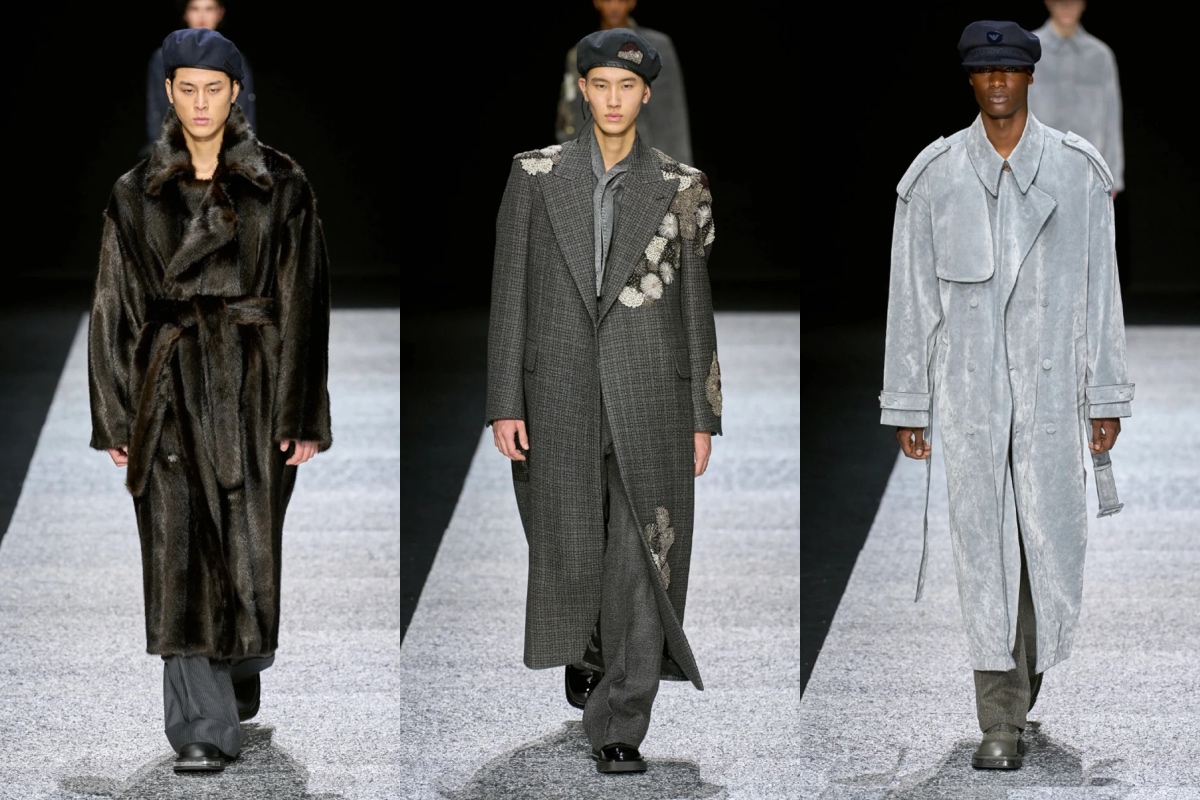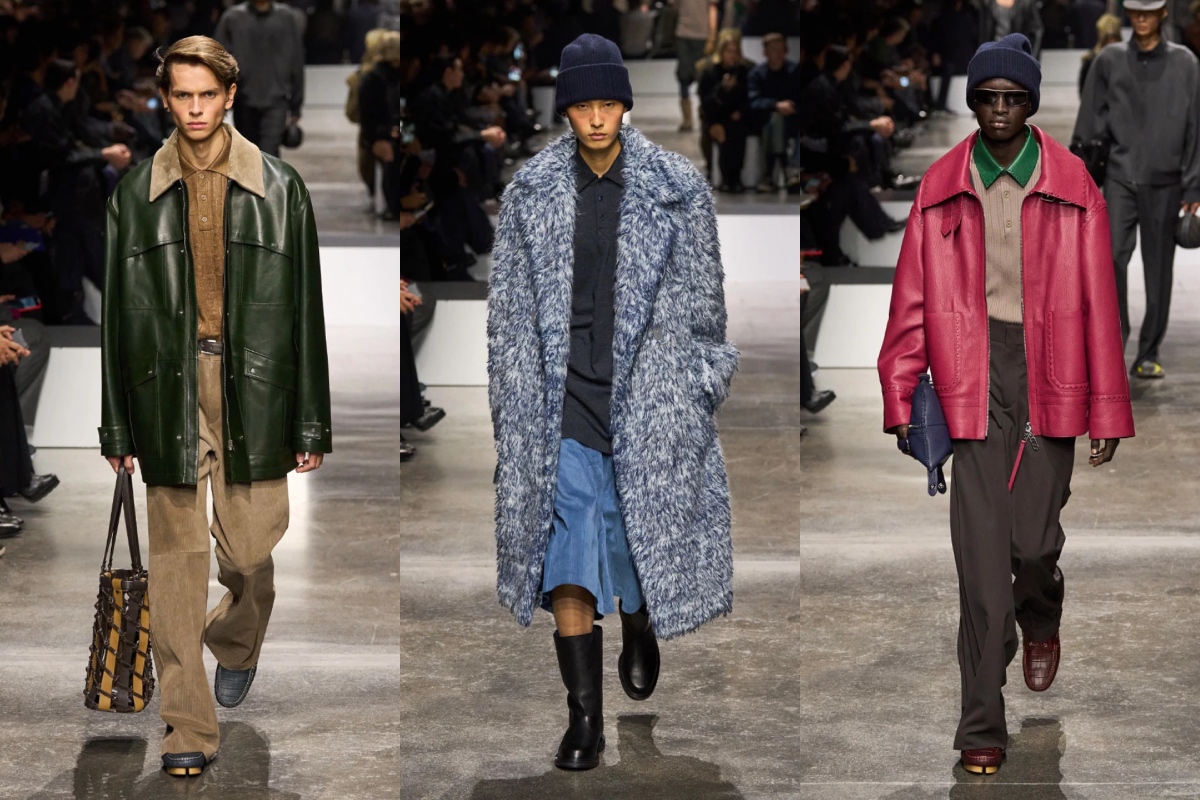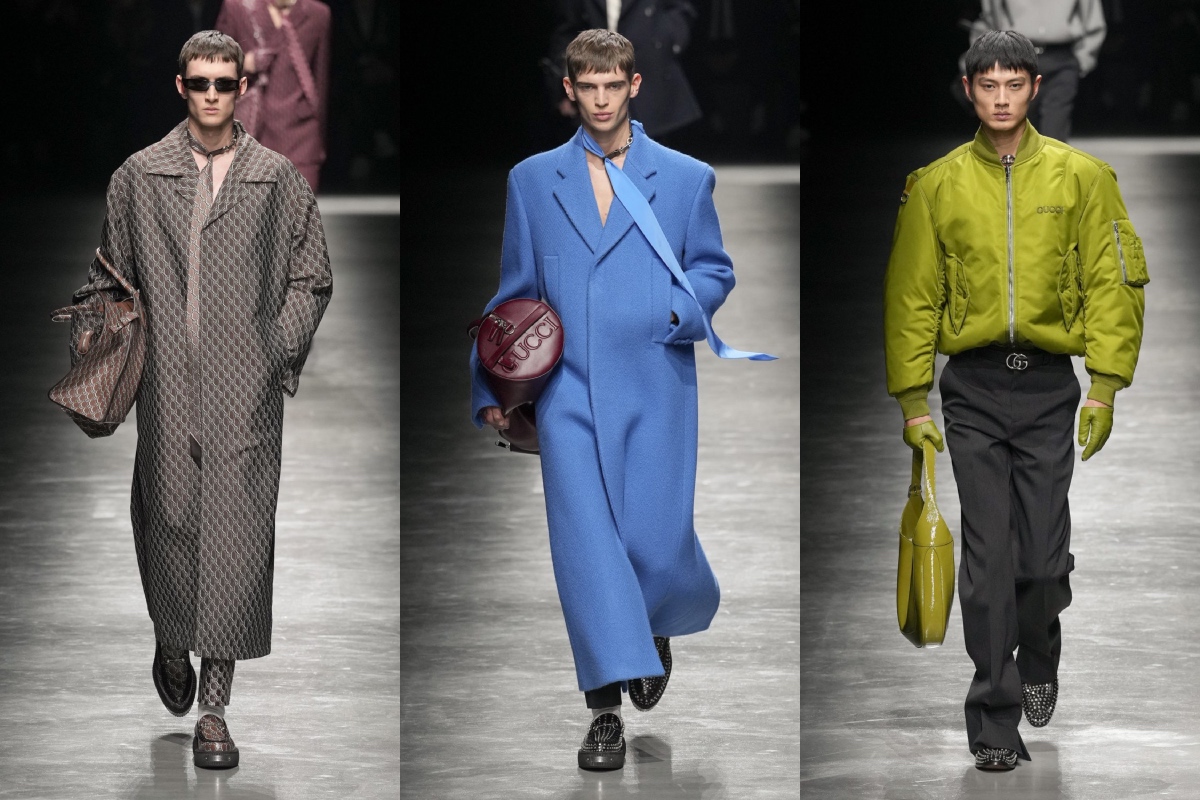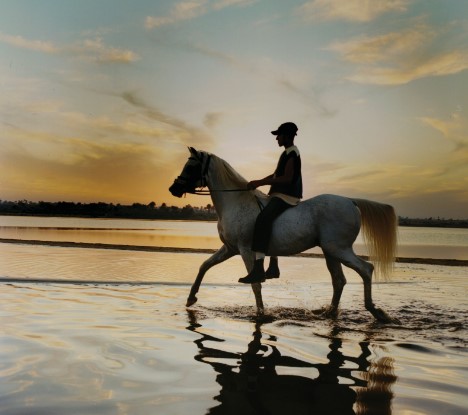There is something infectious about the idea of superheroes. As for being them, the feeling associated with the idea is empowering. There was a door that I marked with an “S” when I was about 8 years old. Every time I saw that door I would touch the “S” and immediately my imagination ran wild with thoughts of me as Superman. What I only noticed prior to being invited to watch the European premiere of “Black Panther” is that I never had a visual of myself… it was always visuals of the environment, the people, the villain being defeated, the powers I possessed, the feeling of being super but never a visual of me. The thing with imagining and seeing with your own eyes is that unless there is a mirror, you can’t really see your full self, everyone and everything else is in perspective, except you. Whether the blur of my superhero identity had to do with the lack of representation of black and brown superheroes or imaginary limitation… my fictitious superhuman identity would have certainly been possible had I seen a superhero who looked like me. Marvel’s most melanin-infused superhero movie, “Black Panther” provides this perspective in a magnificently moving manner.
Wakanda, the fictional Edenic African oasis is the geographical bedrock of the film and its king and protector is the Black Panther, a.k.a T’Challa, played by Chadwick Boseman. The movie opens with the history of the Black Panther and one is immediately informed that without Wakanda, Black Panther would not exist. It is an advanced self-sustaining technological nation untouched by colonialism and powered by a precious metal called Vibranium. Resembling a place from another planet it is a meld of scenic and verdant vistas and futuristic fixtures. Wakanda is a reimagined Africa through a decidedly black lense, steeped in tradition and ritualism. Certainly, the thought of a place like this alone excites all things Africana and abounds with allure for the modern day Afro-futurist. Having seen the film, one wonders who would we be if we all had a nation like Wakanda to support our development. As for the characters, like Wakanda, their dimensionality and depth were copious.
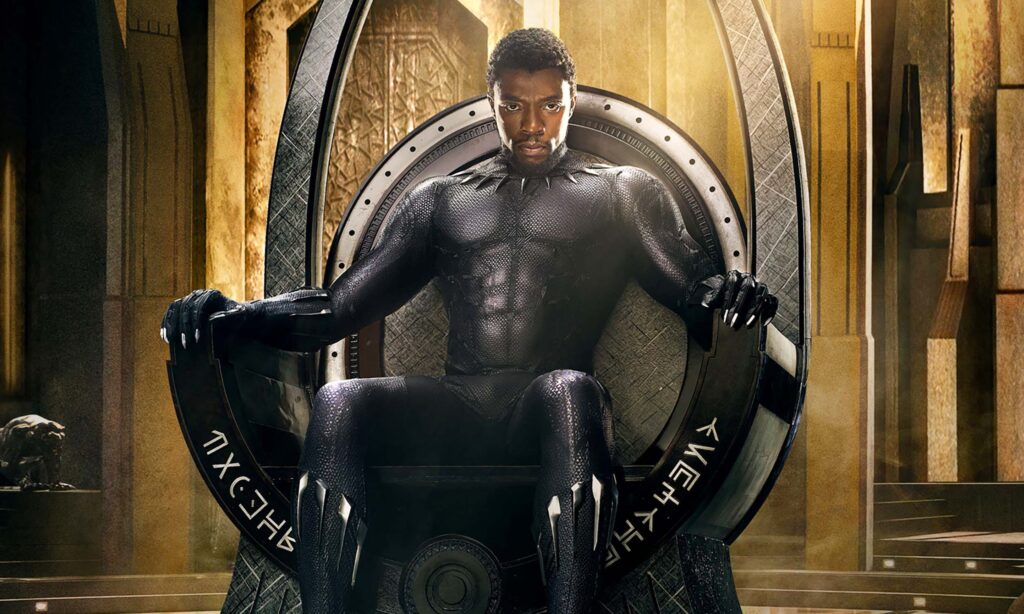
Black Panther seems to not only be a fictional desire of black people but of all peoples.”
Looking to the king, Chadwick Boseman’s portrayal of T’Challa was moving. The swagger and kingly humility he exudes as sovereign of his kingdom speaks to a level of charisma, fairness and respect we yearn for in our real-world leaders. Black Panther seems to not only be a fictional desire of black people but of all peoples. It is written in a way that fills the subconscious void of so many ineptitudes in real life. T’Challa is a leader who inspires and rules with wisdom, taking over from his father who left a legacy befitting of a beloved noble king. Then there is Wakanda, a dream of a nation that boasts of equality, sustainability, progress and peace. Indeed one can see that every effort on the part of the screenwriters and actors was to tap the desires of the current zeitgeist… and it paid off. The $200-million film is expected to gross at least $150 million on opening and that is just in the United States and Canada. Presales for tickets have also broken Fandango’s record for any Marvel film. Clearly Ryan Coogler — the film’s director who co-wrote the screenplay with Joe Robert Cole — is set to take a seat at the table of all time blockbuster hits.
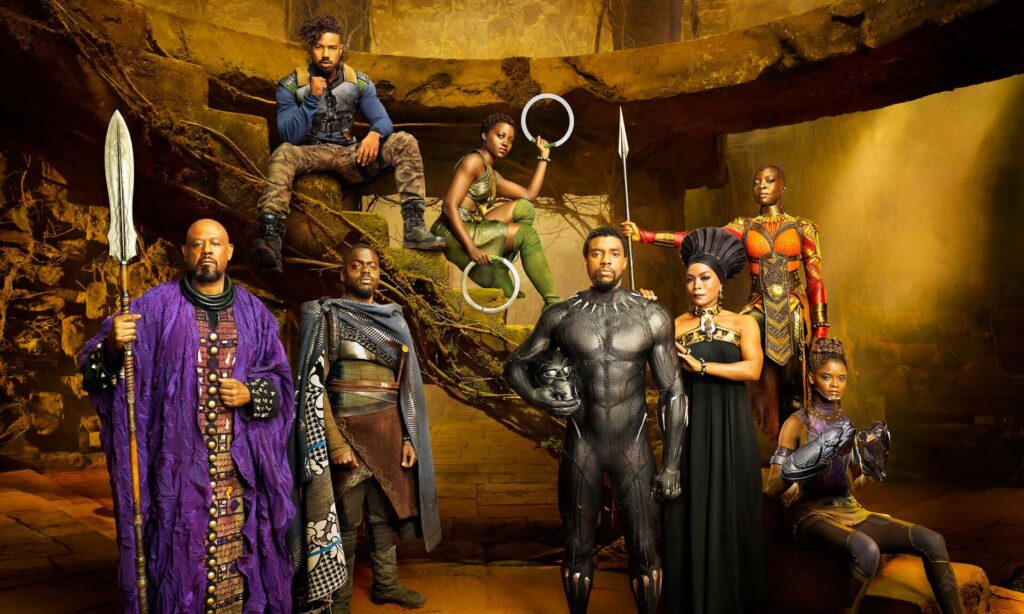
Outstanding is just one adjective that can be applied to Ryan Coogler’s direction. Coogler, who also directed “Creed”, served up cinematic plot and prose that pinched perfection. Intrigue, suspense and twists coupled with stellar cinematography based on one of the most powerful weapons in storytelling, myth. “Black Panther’s” direction was moving and ensconced in issues and phraseology connected to the culture. It explores themes that stem betrayal, brotherhood, love, morality, race relations and women’s empowerment. Themes punctuated by what every superhero film must deliver: an emotionally charged final showdown. Coogler’s casting choices though, is where he demonstrated his genius. Alongside Chadwick Boseman, Coogler brought in Michael B. Jordan – who he worked with on “Creed” – to play Erik Killmonger, the worthy adversary of T’Challa. Daniel Kaluuya – up for the Best Actor Oscar for his role in “Get Out” – was cast as W’Kabi, T’Challa’s best friend who fails to be his brother’s keeper in the end. The choice of Forest Whitaker to play Zuri, a mashup of a sangoma and elder statesman was apt. Then there was Winston Duke as M’Baku. M’Baku is the leader of the Jabari, a gorilla-worshipping tribe and Duke’s portrayal was the right mix of complexity and comedic punch. Coogler cast a serious bunch of leading men, but it was with his pick and positioning of women where he proved to be both progressive and perceptive.
“A moment that many can relate to having or wanting… a moment of feminine sagacity being surrendered to.”
Nubian queens reigned supreme in the film. From T’Challa’s mother, Ramonda, the Queen, played by Angela Bassett to his younger witty sister Shuri (who everybody just has to like) played by Letitia Wright, to Nakia, his love interest played by Lupita Nyong’o, to Okoye, the most skilled warrior in Wakanda played by Danai Gurira – there was no shortage of strong women in Wakanda. Shuri is the mindshare behind all of Wakanda’s weapons, Nakia is a badass spy, leader of a clan and the main reason for T’Challa’s come back, and Okoye is the warrior of Wakanda. Yes… all powerful roles. And then there is the squadron comprised entirely of women warriors called the Dora Milaje. It was immensely refreshing to see empowered dark-skinned black women dedicated to duty in an equitable manner. One of the most powerful scenes which had the entire theatre (and arguably will have every other watcher) transfixed was of the clash of Okoye and W’Kabi, her lover, which resulted in a moment that touched the culture in a visceral manner. A moment that many can relate to having or wanting… a moment of feminine sagacity being surrendered to. The role of women was embraced and celebrated in “Black Panther” and the scenes Coogler and Cole crafted were emboldening and devoid of blaxploitation.
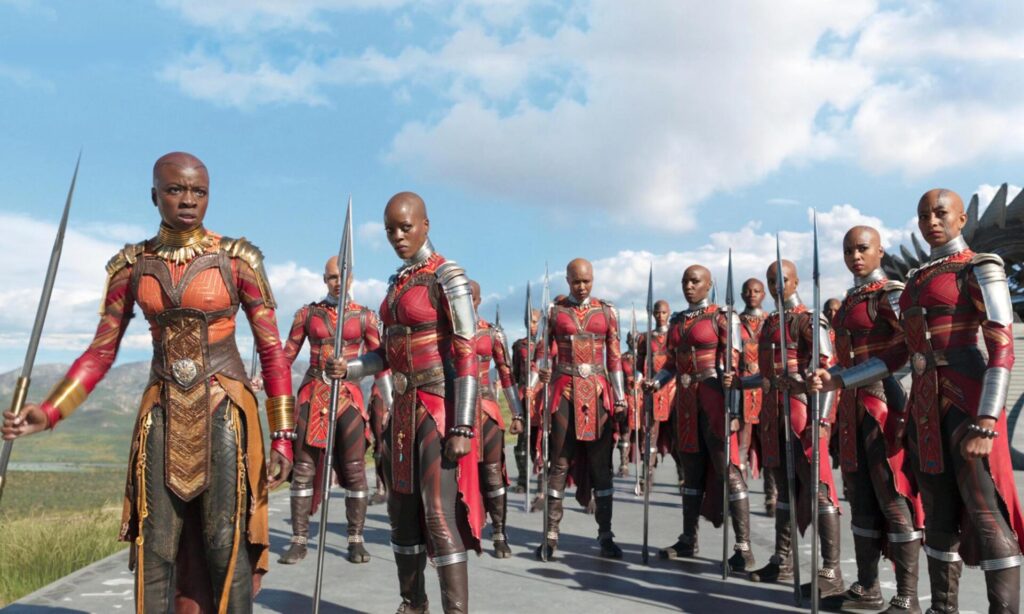
Any film that touches real issues, both political and social will have an impact. “Black Panther’ engages with many and as such, its impact is mushrooming. Poignant socio-political touch points that powers perspective were highlighted. Be it the abuse of power, colonization, inequality, morality, racism and race relations, or the aftermath of absent fathers, the film touches them. Other issues included border security, the refugee crisis, posture towards Africa. All of this on screen at a time when these very issues are talking points in real-world conversations. Lacking though was greater representation of the African Diaspora, be it the Caribbean or other hubs of black people outside of Africa. At the end of the film, this sort of global representation seems to be teased with a scene and powerful speech at the United Nations. Whether eliciting humour or discomfort, the transparency in which so many issues and truths were approached allowed for ground on which dialogue can be had. So many issues and all to be noted.
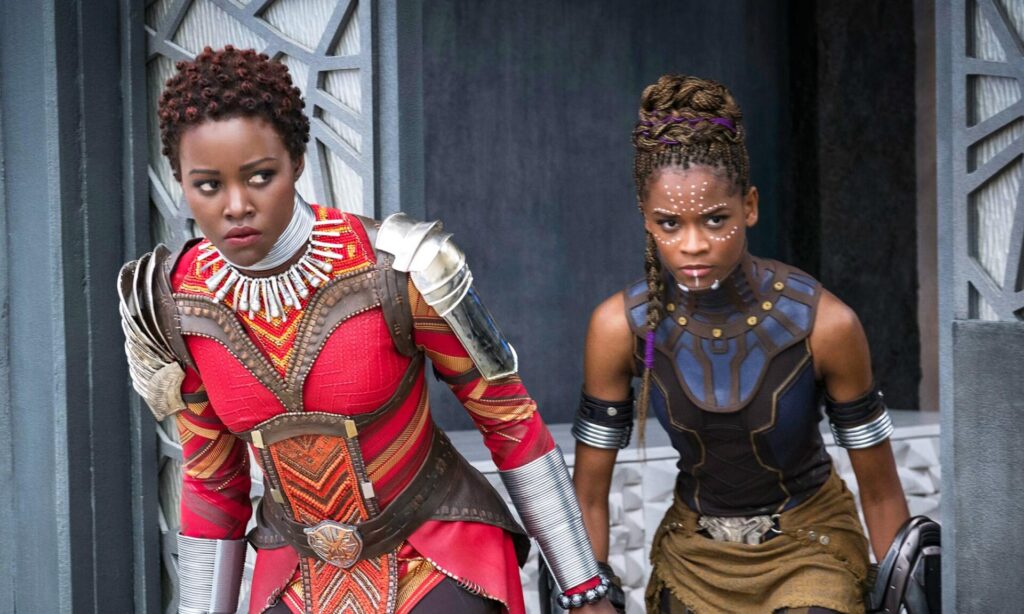
“Children need images that allow them to imagine empowered identities of themselves.”
One of the most anticipated films in the history of Marvel, “Black Panther” hits theatres tomorrow, February 16th and is set to give imaginary power to millions of boys and girls who identify as black. Children need images that allow them to imagine empowered identities of themselves. The film offers this representation profusely to those currently underserved. As for what the movie does for the mature, a quick social media search of the hashtag #WhatBlackPantherMeansToMe reveals normal folks to celebrities rallying, rejoicing and reminiscing in reverence. Let’s be clear, it is a movie but it is one that has never been seen. One that speaks to ideas and wishes of many. “Black Panther” provides an Afro-futuristic narrative that stretches beyond fantasy to build pride, inform human relations and deliver a vision of progress.

